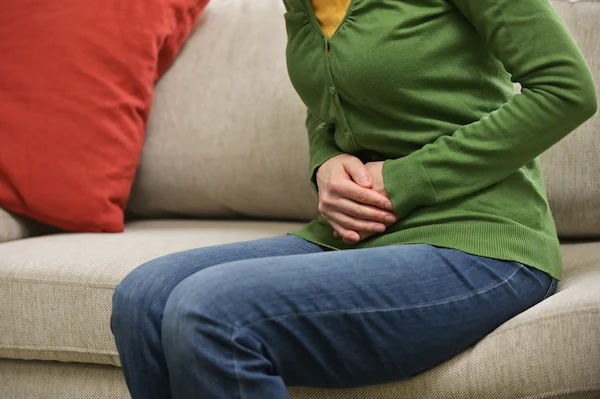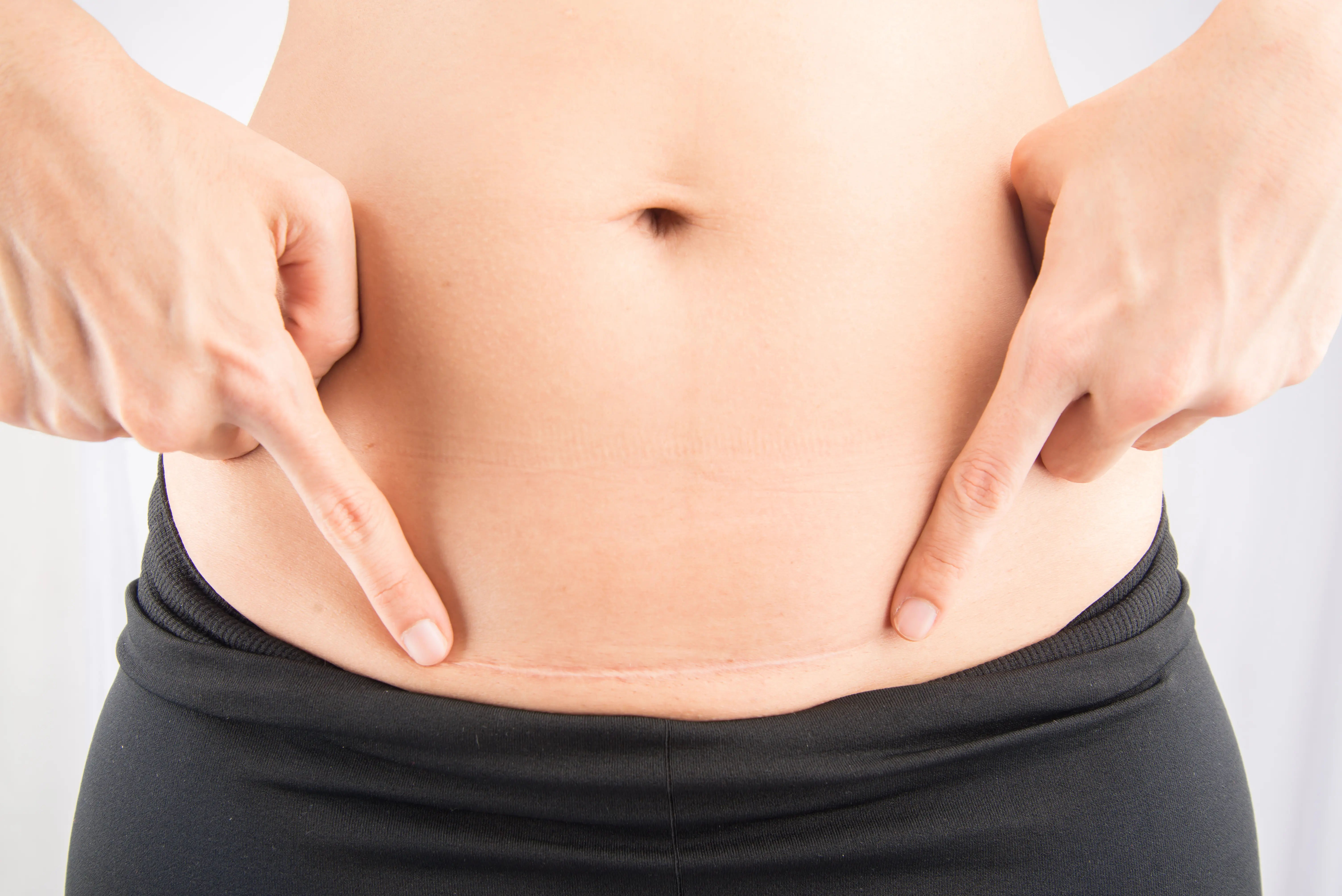- female
- 50 Years
- 14/08/2025
My mom is 50 and has a 20 cm fibroid in her uterus. What's the best way to treat this without surgery? Is there a non-surgical cure or any natural remedies that could help shrink it?
More Obstetrics & Gynaecology Health Queries
View allIs taking abortion pills at home safe if I'm only 2 weeks pregnant? A doctor recommended surgery but I was hoping for an oral treatment instead. I need advice on what to do as soon as possible
Medication abortion (or medical abortion) is a safe, reliable and non-surgical means of abortion for people who have made an informed decision that is is the best option for them. Medication abortion is an alternative to surgical abortion in the early weeks of pregnancy (up to 9 weeks)
read more![Doctor 1]()
![Doctor 2]()
Answered by 1 Apollo Doctors
I'm wondering if the blood group of partners plays a role in pregnancy. My fianc and I both have AB positive blood type, and we're a bit concerned about whether this might cause any issues during pregnancy or affect our baby later on. Could you help us understand if we should be worried about this?
Same blood groups do not result in pregnancy complications.
read more![Doctor 1]()
![Doctor 2]()
Answered by 1 Apollo Doctors
What does a hymen look like before it breaks?
hymen looks like a fringe of tissue around the vaginal opening
read more![Doctor 1]()
![Doctor 2]()
Answered by 1 Apollo Doctors
Disclaimer: Answers on Apollo 247 are not intended to replace your doctor advice. Always seek help of a professional doctor in case of an medical emergency or ailment.






